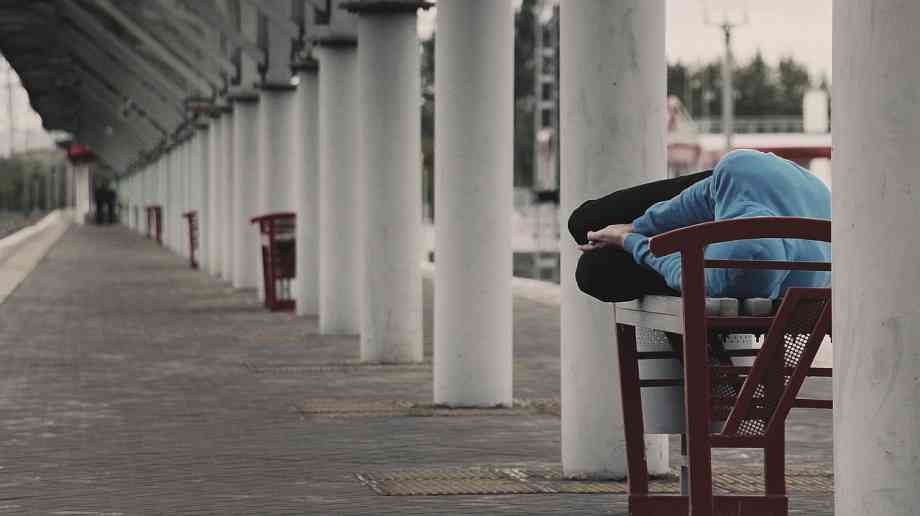Sue Robb of 4Children talks to Julie Laughton and Alison Britton from the Department for Education about the role of childminders in delivering the 30 hours free entitlement.
Draft guideline to help reduce homeless health inequalities

NICE and the Centre for Homelessness Impact have produced a new draft guideline to increase the access people experiencing homelessness have to health and social care services.
People experiencing homelessness face significant health inequalities and poorer health outcomes than the rest of the population. Mortality among people experiencing homelessness is around ten times higher than the rest of the population and life expectancy is around 30 years less.
The new guidance covers people aged over 16 experiencing homelessness, including people sleeping rough, staying in temporary accommodation or ‘sofa surfing’ with family and friends. It highlights that more effort and targeted approaches are often needed to ensure that people experiencing homelessness have access to the same standard of health and social care as the general population.
NICE recommends that care should be delivered via specialist multidisciplinary teams which span all sectors of care and be tailored to meet local needs. This care should encompass the physical health needs, mental health and psychological needs, drug and recovery needs, and social care needs of people experiencing homelessness.
The draft recommendations suggest offering mobile outreach services with flexible opening and appointment times, drop-in services, and help with transport would reduce barriers homeless people experience accessing health and care services. It also says that long-term engagement should be planned to help people who struggle to engage with services. Practitioners should take time to build a relationship of trust with the person, particularly when they first engage with services.
Paul Chrisp, director of the NICE Centre for Guidelines, said: “People experiencing homelessness face significant barriers to accessing health and social care compared with the general population, which results in huge health inequalities.
“’Homelessness’ is a broad term as outlined by our draft guideline and does not simply refer to a person sleeping rough on the streets. By better understanding which people are experiencing homelessness and what their specific needs are, health and social care professionals will be better able to help them access the services they require. We’re pleased to publish this draft guideline, developed in partnership with the CHI and PHE, and hope the recommendations will help improve outcomes for people experiencing homelessness in line with NHS Long Term Plan.”
Company Focus
Located in Bromley, Japanese Knotweed Eradication Ltd has been providing solutions in the treatment and removal of Japanese Knotweed (Fallopia Japonica) for over a decade. During this time we have mastered a repertoire of methods, from herbicidal treatments to landscaping solutions, tailored to address the unique challenges our clients face with this pervasive weed.
Event Diary
UKREiiF has quickly become a must-attend in the industry calendar for Government departments and local authorities.
The multi-award-winning UK Construction Week (UKCW), is the UK’s biggest trade event for the built environment that connects the whole supply chain to be the catalyst for growth and positive change in the industry.
Supplier Profiles
Geo Energy
At GeoEnergy Design, we're on a mission to disrupt the traditional way heating and cooling ha
Latest Features
Professor Harith Alani, director of the Knowledge Management Institute at the Open University explains how AI can be used for good and bad.
Alex Lawrence, head of health & social care, techUK sets out techUK’s Five Point Plan for CareTech.

















